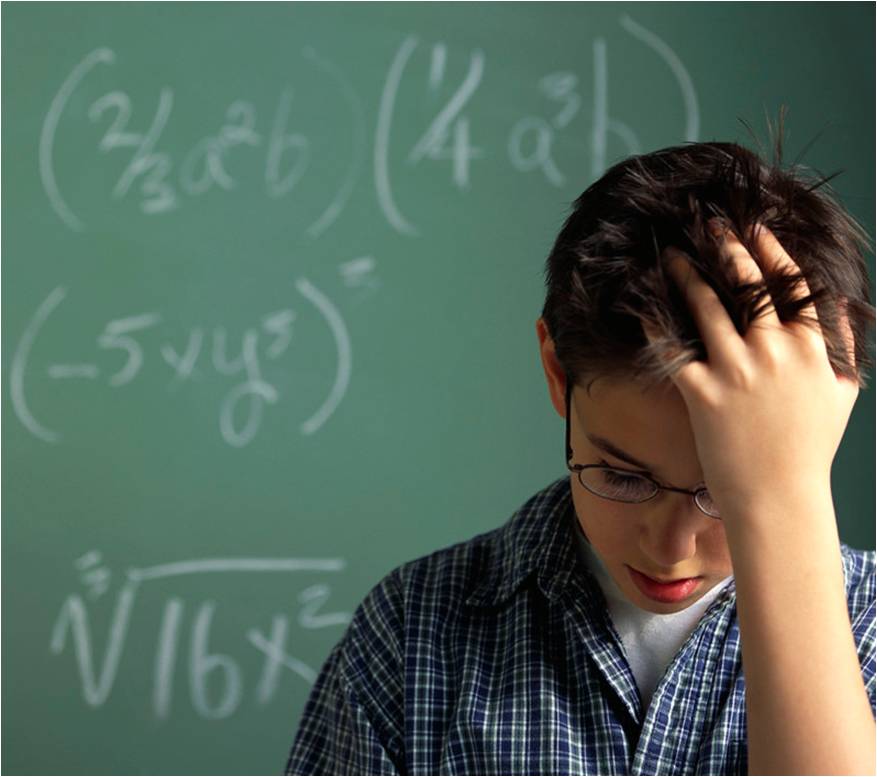Codes for kids
Posted by: Gary Ernest Davis on: October 17, 2010
In my experience kids love writing, and trying to crack, secret codes. There’s a lot of mathematics behind codes. You can read more here.

Ben Case, a year 4 class teacher in Littlehampton, near Brighton, England, tweeted on October 13, 2010:
Is there an algebra overkill?
Posted by: Gary Ernest Davis on: October 14, 2010
 Is Mr. Myres right? I know my wife does not use algebra in her job as a university administrator, though she does use arithmetic in her job and at home to balance budgets. I am am a mathematician and I rarely use algebra except when I am teaching it! or when I am teaching other parts of mathematics. Then I use it a lot. So, who else apart from mathematics professors like me, and other mathematics teachers, uses algebra on a regular basis as part of their job? If we can scarcely find anyone then Mr. Myres is right and we have to ask why we are inflicting on school and college students what is known to be a fairly painful experience, one at which many students are likely to fail miserably.
Is Mr. Myres right? I know my wife does not use algebra in her job as a university administrator, though she does use arithmetic in her job and at home to balance budgets. I am am a mathematician and I rarely use algebra except when I am teaching it! or when I am teaching other parts of mathematics. Then I use it a lot. So, who else apart from mathematics professors like me, and other mathematics teachers, uses algebra on a regular basis as part of their job? If we can scarcely find anyone then Mr. Myres is right and we have to ask why we are inflicting on school and college students what is known to be a fairly painful experience, one at which many students are likely to fail miserably.“Efrique I use algebra every day, typically seven days a week. I use it a lot in my job (I work for a software company). A day I don’t use algebra to solve a problem in my work is likely a day where I haven’t achieved a whole lot. I use it to do research. I use it in my hobbies. I use it when I go shopping. Mostly, I just use it to think.”
So here’s someone in a software company – we don’t know what sort of job – who claims to use algebra daily. Maybe lots of software jobs call for people to use algebra regularly. But are such people “typical”.
At Yahoo! answers wooliebear07 writes:
“I use it all the time in cooking. I often have to make recipes smaller because I only cook for two. Also, I am a campaign manager and use algebra all the time for determining my targeting. In high school or college I never thought I would need algebra for my job. It’s surprisingly useful in many different careers.”
We don’t know what wollibear07 does for a living, but if Mr. Myres is right, wolliebear07 is not typical.
Pisces ♥ Math writes that engineers, astronomers, statisticians and accountants use algebra in their everyday jobs. Supposing she is right, and also Mr. Myres is right, then people working in these professions are not “typical”.
Now to me it is beginning to sound suspiciously like Mr. Myres means that in certain aspects of our daily life – such as those he describes – we do not need or use algebra: this is, in fact, whet he writes. With that I agree. However, even a cursory examination suggests that in many numerate professions people do use algebra regularly. And in an highly educated society more and more people work in these sots of professions: they cannot be simply dismissed as atypical.
A huge educational problem is that school and college students do not see what happens in the daily work like of professionals. Shouldn’t that be part of a student’s education? Shouldn’t real life professionals be invited to school to say to students and teachers what skills they use daily? Shouldn’t that be part of a student’s education?
Postscript
Chancellor740 posted a interesting question about algebra on reddit.com: “Why does algebra make me want to kill myself?”
The question and comments are worth reading.

